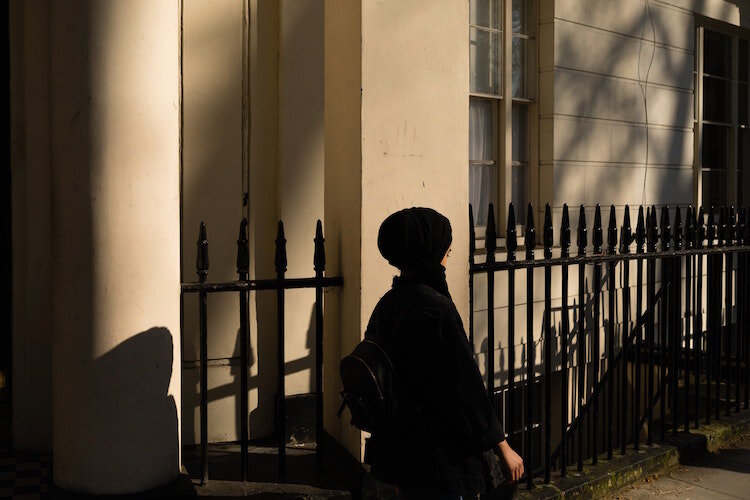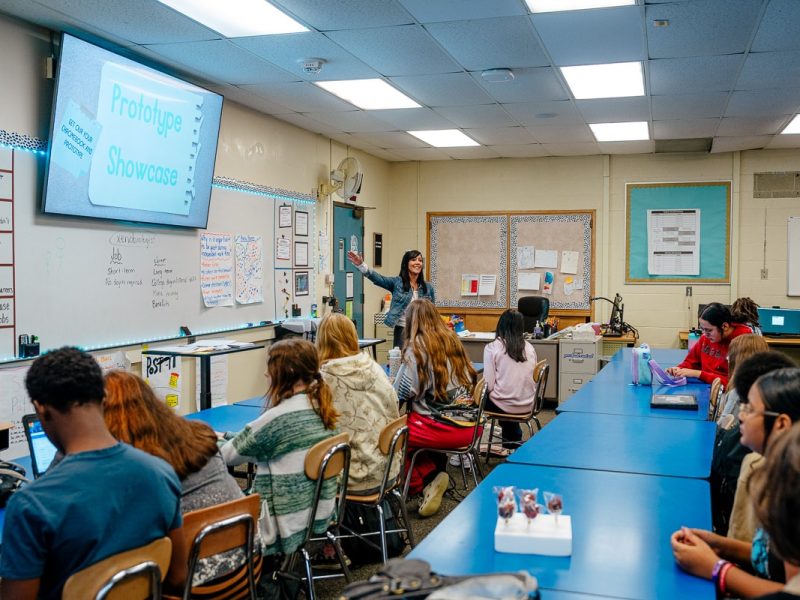Organization seeks to count every Arab American in Genesee County despite fears and mistrust
With the ongoing Census 2020 season, the Arab American Heritage Council faces a unique set of challenges that go beyond overcoming the community mistrust of government initiatives. It’s the fear of government surveillance as potential terrorists and the frustration some Arab Americans have of never truly being identified at all.

FLINT, Michigan— The Arab American Heritage Council (AAHC) is one of 34 local organizations and nonprofits that were awarded grant money from the Community Foundation of Greater Flint earlier this year for census outreach.
Related story: The Latinx population is growing, this is how Flint’s Latinx Tech Center is getting them counted
The organization offers a plethora of services that address the citizenship process, language services, cultural education, and advocacy. But with the ongoing Census 2020 season, the organization faces a unique set of challenges that go beyond overcoming the community mistrust of government initiatives. It’s the fear of government surveillance as potential terrorists and the frustration some Arab Americans have of never truly being identified at all.
“They’re stripping away our identity when they don’t add us onto the census. We don’t have the same experiences white people do, especially people who are not passing,” said Amena Shukairy, a self-identified Arab American and Flint resident.
When filling out the race portion of the census, Arab Americans are forced to identify themselves as white, despite there being 22 Arab-speaking countries that encompass a wide range of ethnicities, cultures, and dialects.
Many Arab Americans feel that being counted as white in the census erases their unique experiences as people of color in the U.S. To address this there has been a large ongoing initiative to get a Middle Eastern or North African (MENA) ethnicity category put on the census for many decades now.
However, the Census Bureau has continued to reject those efforts.
“I think that we should be able to represent ourselves accurately. We are people that live in this country, and we do have a really big impact on this country… And if you don’t make us our own people, that means you think that we don’t deserve to be recognized,” said Selwa Aboudane, Syrian American and UM-Flint student.
Another worry for many Arab Americans is that the government might use the information they put on the census to surveil them. Arab American communities have been infamously surveilled as a response to terrorism, and that has left many in the community distrustful of the government.
Although the Census Bureau is not allowed to disclose any personal information to any outside agency, Executive Director of the AAHC Devin Bathish says people are still distrustful.
They meet people where they are looking for resources and where the sense of community is strongest including churches and mosques. It’s a “level of trust built up that most organizations don’t [have],” said Devin Bathish, executive director of the AAHC.
Everywhere they go, they tell everyone that the 2020 Census is going to inform how $800 billion in federal funds is going to be allocated to state and local communities.
They explain how those funds pay for things like healthcare, educational programming, transportation, and housing. When someone forgets or forgoes filling out the census, they are not counted, and therefore their community doesn’t get funding for them.
“All the other ways the government has surveilled us has targeted us and continues to do so today are just ways that hurt us. We’re already being hurt. We need to understand that this is a way to impact and improve our community, not hurt it additionally,” said Bathish.







